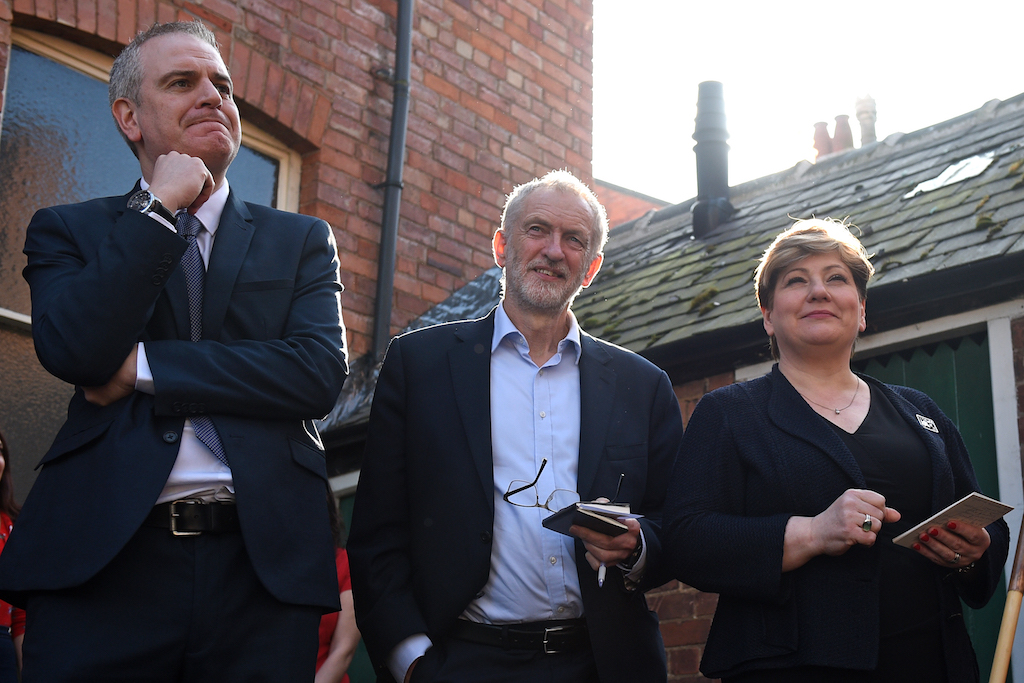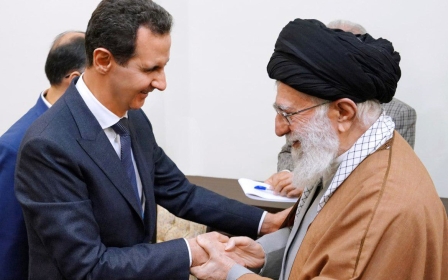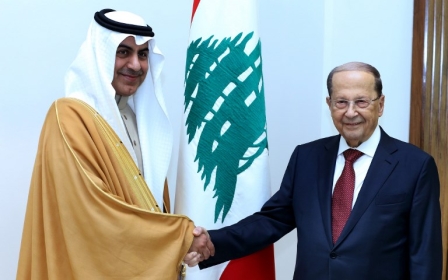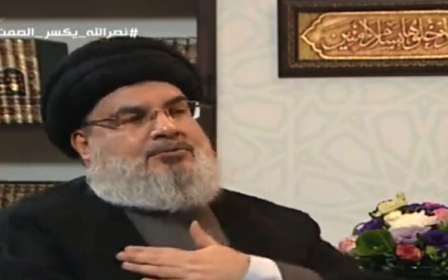Labour Party questions UK banning of Hezbollah
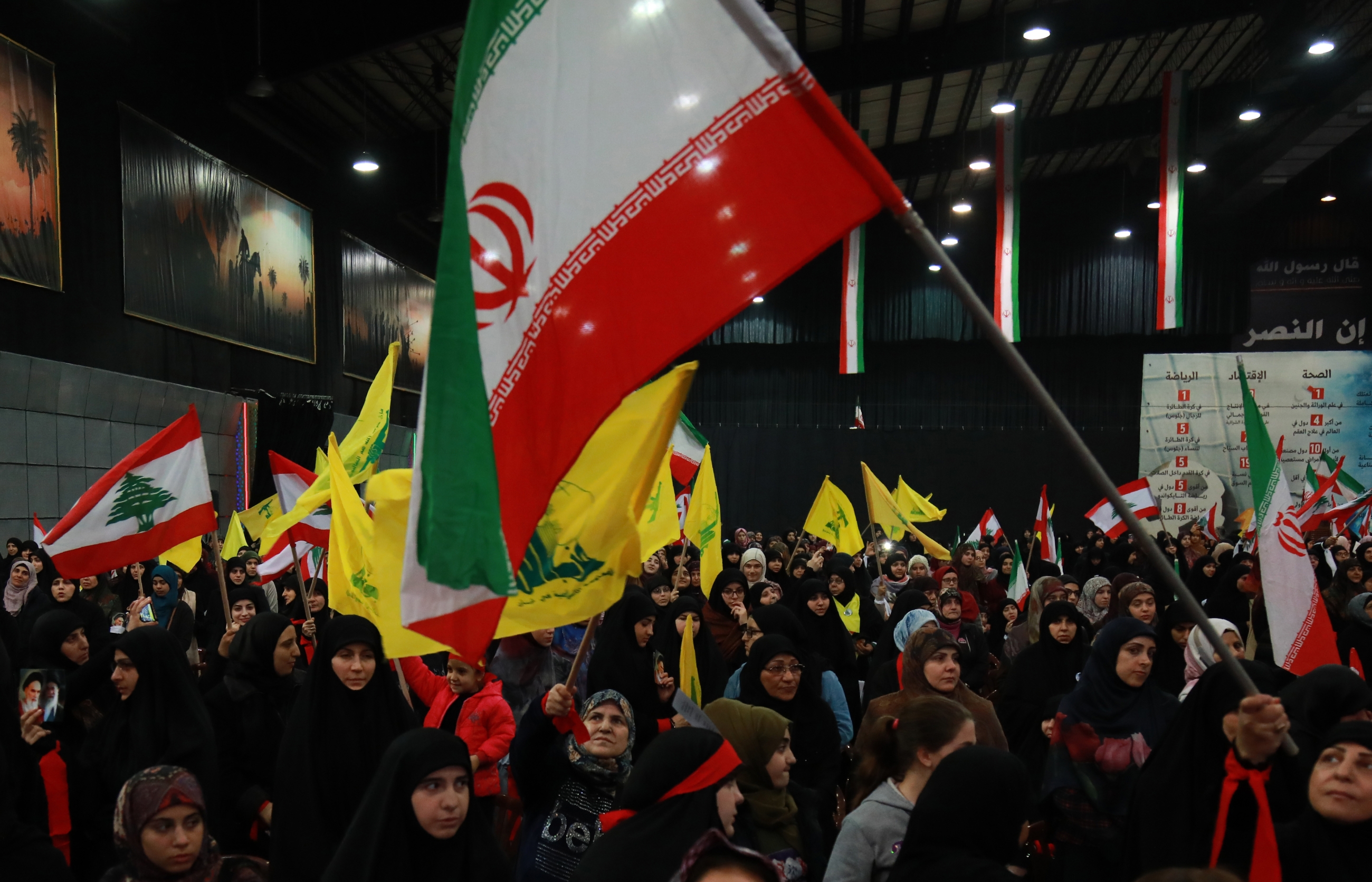
Britain's opposition Labour Party has called on the government to justify its decision to fully ban the Lebanese political group Hezbollah.
Labour did not oppose the move to ban the group, approved by parliament on Tuesday. But a Labour spokesperson questioned what evidence existed to prompt extending the ban which has applied to parts of the group since 2001 and its military wing since 2008.
"The Home Office has previously ruled that there was not sufficient evidence that the political wing of Hezbollah fell foul of proscription criteria, a position confirmed by ministers in the House of Commons last year," said the spokesperson, shortly before the vote.
"Ministers have not yet provided any clear evidence to suggest this has changed."
He also warned that the ban could affect diplomatic relations with Lebanon.
New MEE newsletter: Jerusalem Dispatch
Sign up to get the latest insights and analysis on Israel-Palestine, alongside Turkey Unpacked and other MEE newsletters
Last month, Hezbollah gained three cabinet positions in the Lebanese government, including the health ministry, following months of political wrangling after elections.
The group, originally formed following the Israeli invasion and occupation of Lebanon in the 1980s, has been involved in supporting the government of Bashar al-Assad in Syria in defeating rebel forces since 2012.
'I think that actually on the ground in Lebanon it will make life much harder'
- Chris Doyle, Council for Advancing Arab-British Relations
The UK Home Secretary Sajid Javid has argued that the ban was necessary because it is no longer possible to distinguish between the movement's political and armed wings.
However, analysts and politicians have warned that the move could risk undermining UK engagement with Lebanon, which is already fragile politically and economically.
Chris Doyle, director of the Council for Advancing Arab-British Relations, told Middle East Eye the move was risky in terms of UK attempts to engage with Lebanese political and civil society.
"Will it produce credible benefits to the UK, will it help us in terms of security and the like? I think that actually on the ground in Lebanon it will make life much harder," he said.
"Hezbollah is a fixture in Lebanese politics and I think it will make it much harder for British embassy officials to try and be an effective, positive force within Lebanon."
The move was welcomed by Israel, but dismissed by the Lebanese Foreign Minister Gebran Bassil who said it will "not have any negative effect on Lebanon". He said Hezbollah would "remain embraced by the institutions of the state and all the Lebanese people" as long as Israel continued occupying Palestinian land.
MEE contacted Hezbollah for response on Tuesday, but so far no statement has been released.
Labour leader Jeremy Corbyn has previously been criticised by the Conservative government and others for a meeting in 2009 in which he referred to Hezbollah and the Palestinian group Hamas as "friends".
He has defended his comments arguing that he used it in the collective sense and that the group were important for the Middle East peace process.
"There is not going to be a peace process unless there is talks involving Israel, Hezbollah and Hamas and I think everyone knows that," he said in 2015, according to the Jewish Chronicle.
However, during a debate in parliament on Tuesday, others within the Labour Party criticised what they saw as a failure by shadow Home Office minister Nick Thomas-Symonds to more emphatically support the ban in parliament.
Louise Ellman MP said she was unhappy the shadow minister had been "unable to give proper, full support to the banning of this terrorist organisation Hezbollah in its entirety".
"Hezbollah are not our friends and today would have been a very good opportunity to say so."
Quds Day march
The new ban could see public supporters of Hezbollah facing ten years in jail.
The most visible example of Hezbollah's influence in the UK has been the Quds Day marches in London, a pro-Palestinian demonstration originally started in Iran and organised by the Islamic Human Rights Commission.
The march regularly features the flag of Hezbollah and has been heavily criticised by London mayor Sadiq Khan.
On Monday, Khan tweeted his approval of the Hezbollah ban, and the impact it would have on the Quds Day march.
"Anti-Semitism and hate crime has no place in our city. I've raised my deep concerns about the support shown for Hezbollah at the annual Al Quds march in London on a number of occasions - and the fact the home secretary has finally listened and is taking action is welcome," he wrote.
Doyle said that the defence of Hezbollah by some groups in the UK had been largely unhelpful.
“There is a segment of British society, a small one, who like to go out and carry Hezbollah flags and imagine somehow they’re some force for good and I don’t think that’s helpful, in fact I think it’s been extremely counter-productive," he said.
“But then, driving it underground - I’m not sure how much that achieves."
Middle East Eye delivers independent and unrivalled coverage and analysis of the Middle East, North Africa and beyond. To learn more about republishing this content and the associated fees, please fill out this form. More about MEE can be found here.


